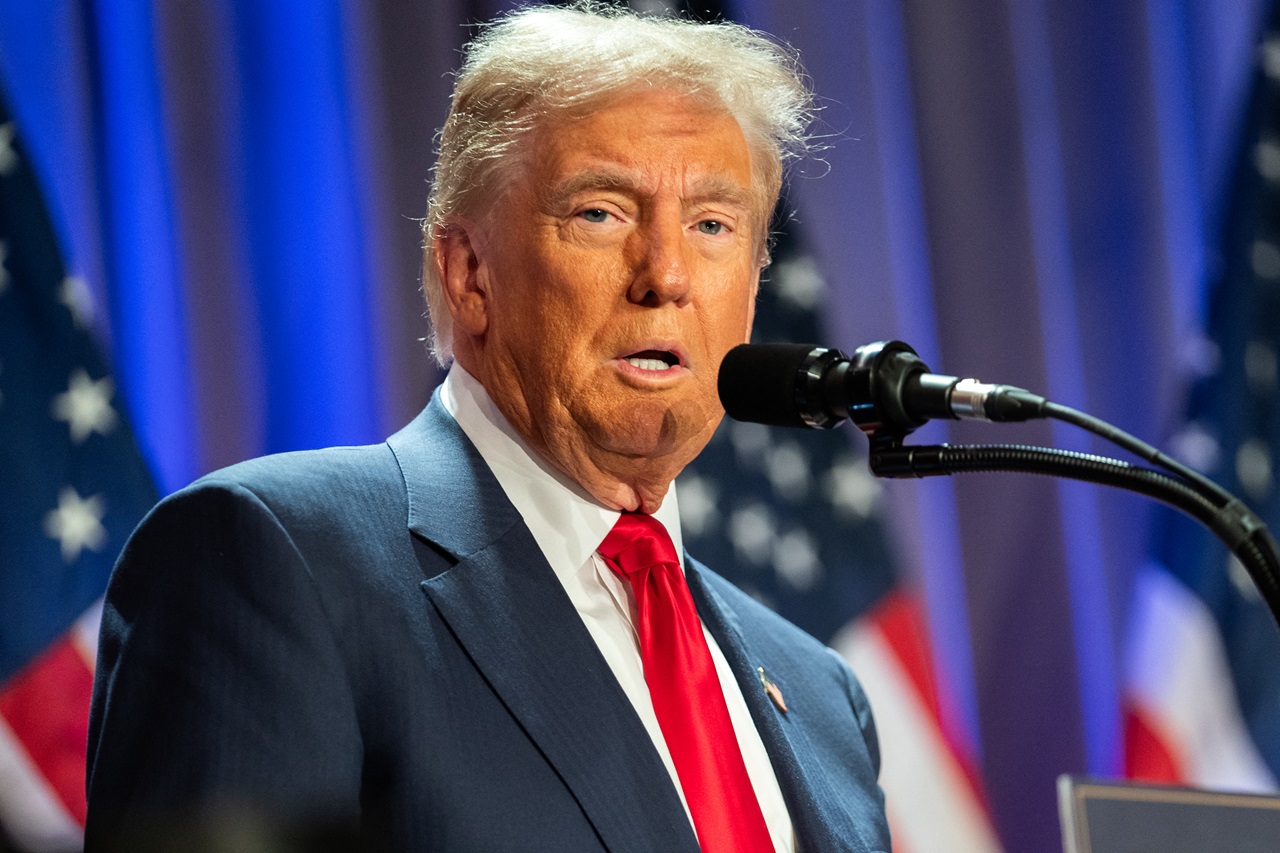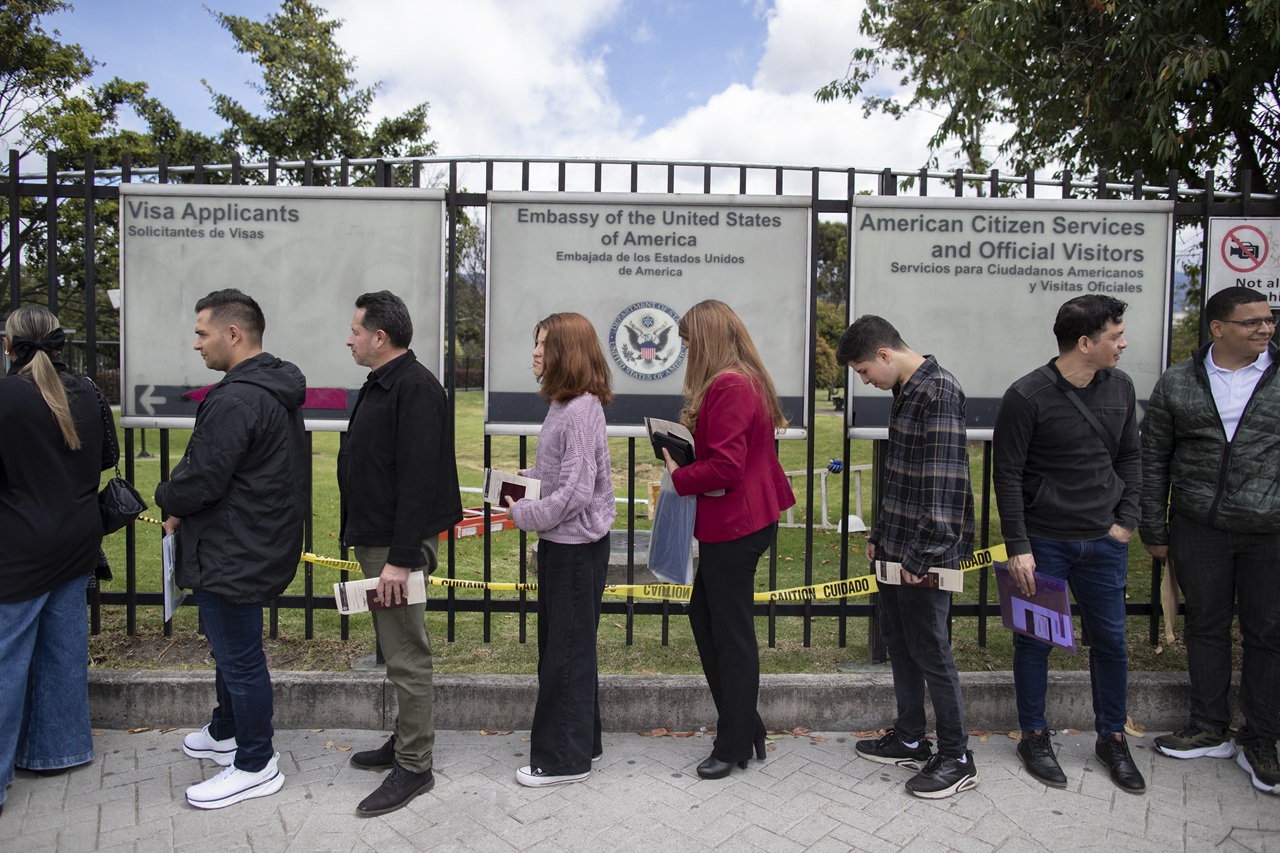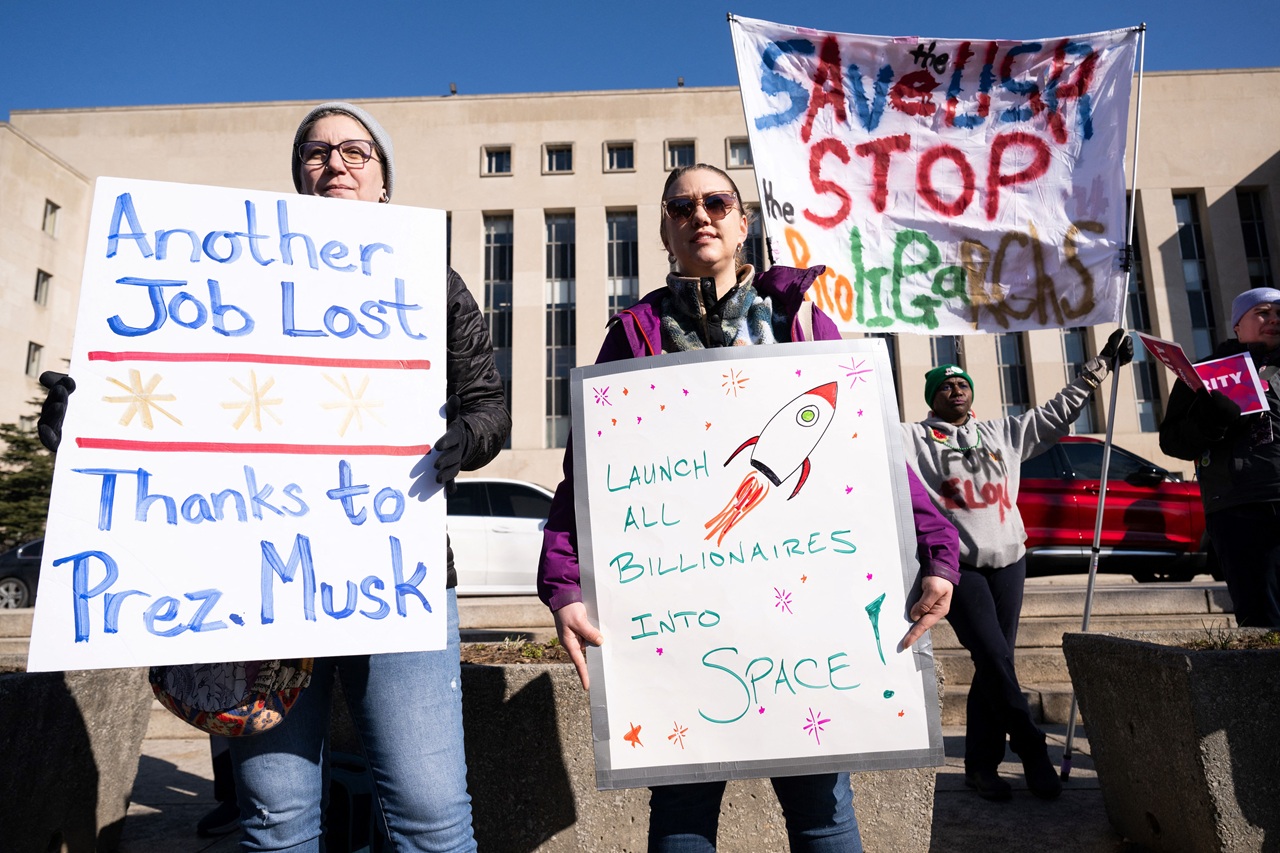
Philly and PA step up efforts to combat climate change
As the Trump administration turns its back on the scientific consensus surrounding climate change and its consequences, Philly and PA are working to address…
Philadelphia and the greater northeast region of the U.S. can expect continued increases in extreme rainfall, and higher temperatures, which will be especially severe during the summer months, as climate change intensifies, the recently released National Climate Assessment predicts.
“We used to say that climate change would impact our kids and grandkids, but we are experiencing worsening, terrible impacts now,” David Masur, Executive Director of the Research & Policy Center at the environmental advocacy organization, PennEnvironment, said in a press release.
The report, published by the U.S. Global Change Research Program, which is comprised of 13 federal agencies, among which are the Environmental Protection Agency, Department of State and the Department of Energy, follows October’s similarly troubling assessment from the United Nations’ Intergovernmental Panel on Climate Change (IPCC).
“The biggest impacts that we’ve already seen, and that we’re going to continue to see - really, there are two main impacts - increases in extreme rainfall, and increases in summer temperatures,” Kelly Flanigan, a Global Warming Solutions Associate at PennEnvironment, told AL DÍA.
“As far as rainfall, it’s not only that it’s going to rain more frequently, it’s that it’s going to rain more when it does rain,” Flanigan continued. “That causes all those big flash flooding events that we’ve experienced, and I’m sure you’ve noticed that the Schuylkill [River] has been getting really high lately, and moving really fast.”
While average temperatures throughout the year will get higher, Philadelphians will feel this development particularly during the summer months, Flanigan explained.
“In Philly, we have a lot of older homes. A lot of people don’t have air conditioning in their homes, so the more of those extreme heat days that we get, the more dangerous it is to even be in your house, in an un-air conditioned home,” she said.
On the heels of what is yet another alarming report on climate change - this one authored by his own administration - President Trump and many national Republicans still refuse to acknowledge the scientific consensus on the devastating effects climate change will cause in the not-so-distant future.
President Trump even tweeted last week, in light of the cold temperatures that were due to hit the east coast over Thanksgiving, “Whatever happened to Global Warming?”
It has become evident that action on the issue will continue to be left to local organizations and policymakers, at the city and state levels.
Pennsylvania has a unique opportunity to take a leading role in this fight against climate change, according to Flanigan.
RELATED CONTENT
“We’ve had this history of the coal mines, and the fracking. We could take a huge step forward and show that this state, that was a big coal country state, [could be] a pioneer of renewable energy. I think [that] would be really exciting,” she said.
Earlier this month, Philadelphia Mayor Jim Kenney was one of 200 mayors from across the country - including a leading 43 from Pennsylvania - to sign a letter pledging to make solar energy a “key element” of energy plans moving forward.
The mayor has also thrown his support behind a City Council ordinance, introduced by Councilwoman Blondell Reynolds Brown, that would authorize the purchase of a solar farm in south central Pennsylvania to provide nearly a quarter of the city government’s electricity. This would push Philadelphia toward its goal of using renewable energy to power all city buildings by 2030.
In Pittsburgh next week, the state Senate Democratic Policy Committee will hold a hearing on climate change efforts at the local and state levels.
“In the absence of federal leadership on climate change, it is imperative that Pennsylvania continue to participate in cooperative efforts to stave off the catastrophic consequences of global warming,” state Senate Democratic Leader Jay Costa said in a press release. “We need to maintain efforts to keep Pennsylvania on track to combat climate change.”
Philadelphians can take ownership of efforts to combat climate change on an individual level, as well, Flanigan explained.
“We want people to take action, and that’s not just with your legislators, but take action in general. People [should] get out in their communities, keep preaching that we need to fight against climate change, and talk to their neighbors,” she said.
“If everyday citizens are saying that this is what they want, and this is what they need, their legislators are going to have to follow suit.”











LEAVE A COMMENT: